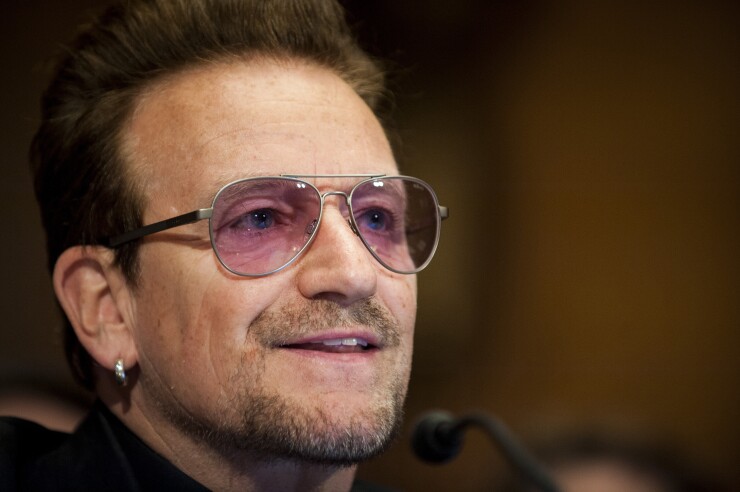Varo Money, a mobile banking fintech that created a stir by
The cash infusion is notable both for what Varo is trying to do and the sources of the money.
Varo aims to help the masses take better financial control of their lives and lower the cost of banking.
“This next generation of consumers are looking for more affordable solutions that are technology driven, that let them solve everyday banking problems with a few taps of the phone,” said Colin Walsh, its CEO and founder. “Our technology could help the masses, not just the people who can afford a private banker, to get ahead and improve their financial situations.”

Walsh worked for 25 years in financial services firms like American Express, Lloyds and Wells Fargo and considers himself a “reformed banker.”
In traditional banks, “there’s a reliance on overdraft fees, minimum balance fees and things that are quite punitive for people who are just starting out and don’t have lots of money,” he said.
Varo provides checking and savings accounts, direct deposit, online bill payment, a debit card, predictive forecasts of cash flow, a line of credit and an unsecured loan through its app (currently with the backing of The Bancorp). There are no minimum balance requirements or foreign exchange and overdraft fees.
“We’re looking at how we can lower the cost of banking, particularly for people who have volatile cash flows,” Walsh said.
This mission attracted the attention of The Rise Fund, a fund led by the private equity firm TPG that’s committed to achieving social impact alongside competitive financial returns. It was founded by U2 lead singer Bono, TPG Growth founder and managing partner Bill McGlashan, and Jeff Skoll, an entrepreneur, film producer and impact investor. The global private equity firm Warburg Pincus, which led Varo Money’s Series A financing, and 30 additional participants — including angels, existing investors and management — also participated in this round. When it closes, Varo will have raised more than $78 million in less than two years.

“We had a large Series A round, and we still had a fair amount of money in the bank,” Walsh noted. “We felt the timing was right to go back to the market, particularly as we’re in the middle of this application process, to raise more capital.”
The new money will be used to hire talent, further develop the product, enhance its value proposition, increase marketing activities, and lay the foundation for becoming a national bank, for instance, by building out operations, risk and technology, Walsh said.
Varo’s business model is based on interchange fees, interest income from loans, and in the future, fee income from partners like insurance, wealth management and student loan providers.
The fintech has tens of thousands of checking account customers, Walsh said. He declined to share how many customers have taken out loans.
The banking charter is in process, Walsh said.
“We’re very actively engaged with the regulators,” he said. “The OCC is not going to relax their standards, so it’s been a rigorous process. They’re definitely not just sitting on it. We speak regularly.”
The charter would give Varo the ability to offer deposits and thereby gain low-cost funds, and it would enable it to report to one regulator rather than myriad state and national agencies. It would also help the company offer new products to customers.
If the charter goes through, Varo Money will maintain its relationship with The Bancorp for a period of time.
“They’re very supportive of us becoming a national bank,” Walsh said.





